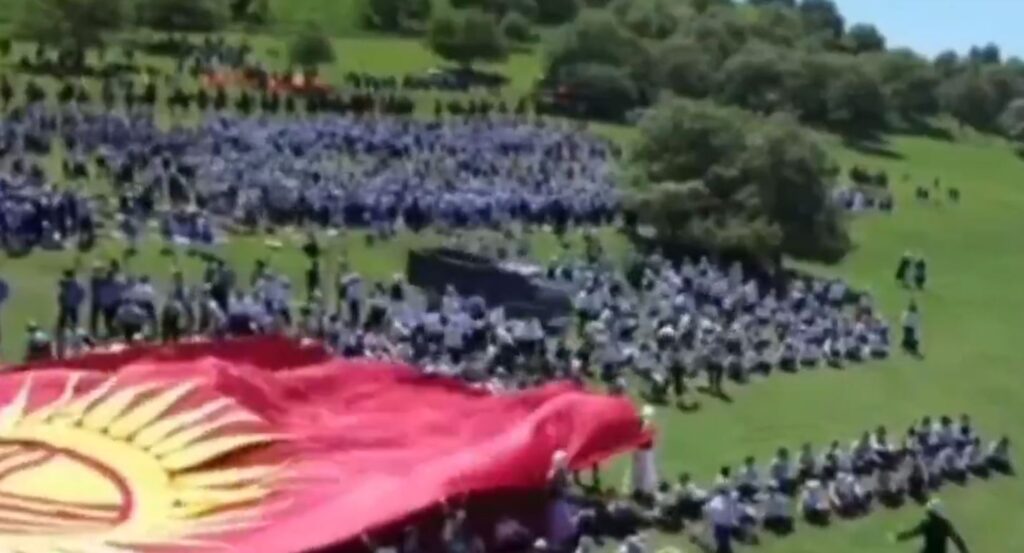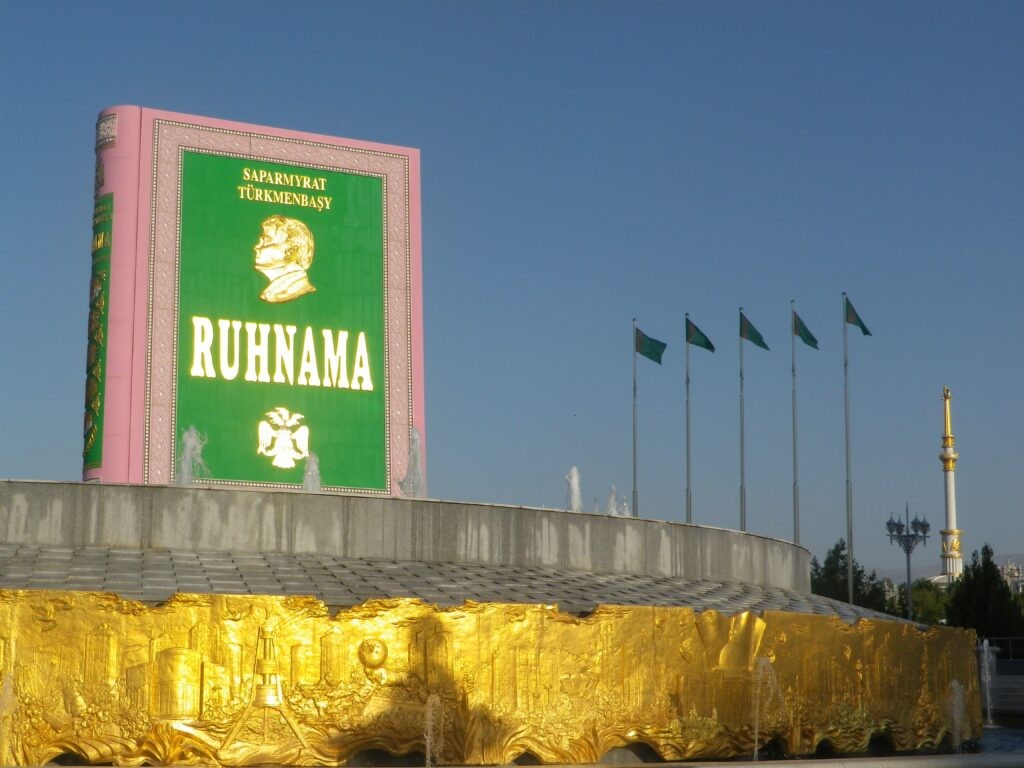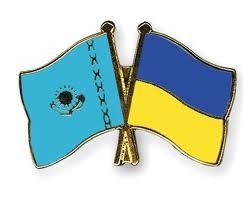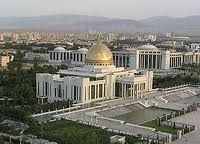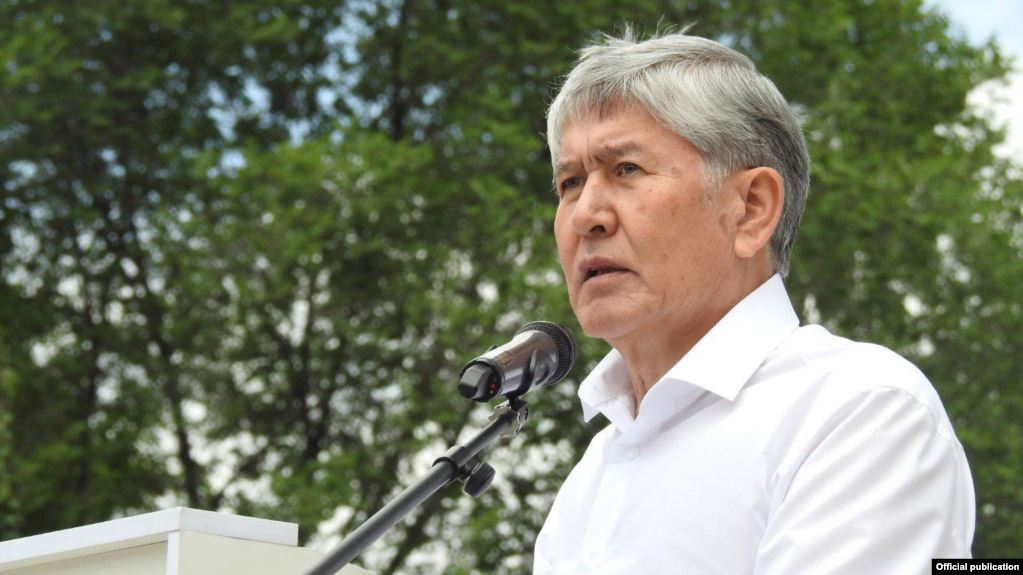BISHKEK (TCA) — Kyrgyz legislation under which former heads of state can be prosecuted came into force two days after ex-President Almazbek Atambayev stepped down from the leadership of opposition Social Democratic Party of Kyrgyzstan (SDPK), RFE/RL’s Kyrgyz Service reported.
The law that came into force on May 27 was ratified by President Sooronbai Jeenbekov in mid-May amid calls by some politicians for an investigation into decisions made by Atambayev, his predecessor, when he was in office.
The new law preserves immunity from prosecution for former presidents, but also states that prosecution is possible if they lose their formal status as an ex-president.
Parliament can strip former presidents of that status if they are suspected of “especially serious crimes” by the Prosecutor-General’s Office, according to the text, which was given final approval by lawmakers in April.
It is not clear what the law defines as an “especially serious crime.”
On May 25, Atambayev temporarily suspended his membership of SDPK, as well as his chairmanship of the party, member of the SDPK Political Council Adil Turdukulov told 24.kg news agency.
According to Turdukulov, the decision was made unanimously at a meeting of the party’s Political Council. It was dictated by the adoption of amendments to the Law on Guarantees of the President’s Activities by the Parliament.
According one of the amendments, a former head of state, if he or she is actively involved in politics and is a member of a party, should be deprived of all privileges, including the immunity from prosecution.
MP Asel Koduranova was temporarily appointed the leader of the Social Democrats. SDPK intends to appeal to the Constitutional Chamber to cancel the amendment concerning deprivation of ex-presidents’ immunity.
The Social Democrats have been in crisis for a year after party members launched an “SDPK Without Atambayev” campaign in the wake of a rift between Atambayev and Jeenbekov, who was elected in October 2017 as the SDPK candidate.
According to law, Jeenbekov suspended his membership in the SDPK after he was sworn in as president.
In March, Atambayev issued a public apology for helping to bring Jeenbekov to power, likening his one-time ally to an autocrat.
SDPK representative Kunduz Joldubaeva told reporters on May 27 that Atambayev would remain in politics.
Limited to a single six-year term by the constitution, Atambayev tapped Jeenbekov, his former prime minister, as his favored successor in the October 2017 presidential election.
But the two have had a public falling out and have criticized each other for more than a year.
Several associates of Atambayev have been arrested on corruption charges.




